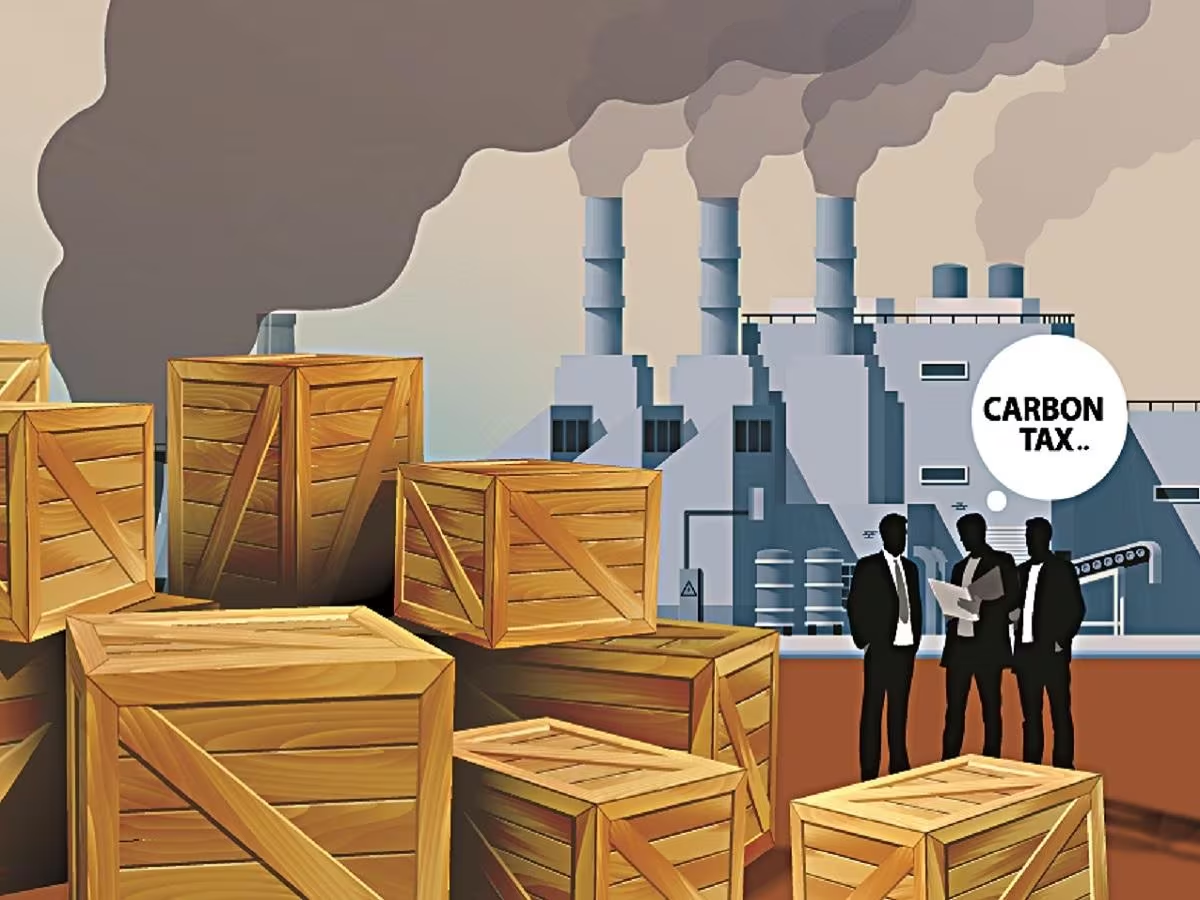In Short : Ontario First Nations leaders have spoken out against the federal government’s carbon tax, calling it discriminatory. They argue that the tax disproportionately affects Indigenous communities, who often rely on diesel fuel for heating and electricity in remote areas.
In Detail : Ontario First Nations leaders are asking the Federal Court to exempt their communities from the federal carbon tax, a policy they call grossly unfair and discriminatory.
The Chiefs of Ontario, which represents more than 130 First Nations in the province, filed for a judicial review on Thursday jointly with Attawapiskat First Nation, a remote Cree community located on the northwestern shores of the James Bay Coast.
The First Nations argue that the imposition of the price on carbon is leaving their communities worse off than others in Canada and breaching the principles of reconciliation.
“People feel that their rights are being violated,” said Abram Benedict, Grand Chief for the Mohawk Council of Akwesasne, a Haudenosaunee community located on the Canada-U.S. border about 120 kilometres west of Montreal.
The Ontario First Nations’ leadership argues Ottawa’s carbon pricing was not designed with their communities in mind.
The chiefs want the federal government to redevelop the policy with their communities by either exempting First Nations people from the price on carbon or allowing them to recoup all of the costs associated with the system.
Prime Minister Justin Trudeau didn’t say if he’d consider giving First Nations an exemption from the carbon tax when asked on Thursday.
“We have worked with Indigenous communities on affordability, on supports and on the fight against climate change from the very beginning, and we will continue to,” he said.
Many First Nations members can’t benefit from rebates delivered under the pricing mechanism because the payments are linked to income taxes, which aren’t collected from individuals working on reserves.
The chiefs also take issue with requiring their members to fill out forms with the Canada Revenue Agency to acquire rebates, which they say is challenging for communities where internet access is limited.
The leadership also argues the price on carbon places a burden on their constitutionally protected rights to hunt, harvest and fish on their traditional territories, as a result of the added fuel costs for all-terrain vehicles, trucks, boats and snowmobiles.
“A tax system that enables the colonizer government to remain viable in Canada is not something that the citizens of the Indigenous Nations greatly harmed by colonialism should be required to use, as that is an affront to dignity,” the court filing states.
Chiefs say they had no choice but to launch legal challenge
Benedict told CBC News the chiefs would not have turned to the courts if Ottawa had chosen to negotiate with First Nations and find a solution.
Last January, the Chiefs of Ontario issued an open letter to Prime Minister Justin Trudeau calling the carbon tax “a grossly unfair burden on First Nations” and requesting an exemption from applying it to fuel.
“Believe me, this is the last course of action that we wanted to take,” said Benedict, who is the environment portfolio holder for the Ontario chiefs organization.
The legal action threatens to further erode the Greenhouse Gas Pollution Pricing Act, one of the federal government’s signature tools to address climate change.
It also creates tension in the relationship between Ottawa and the Indigenous community, a relationship Trudeau called the most important for his government.
Carbon pricing imposes a charge on greenhouse gases emitted by fossil fuels including oil, diesel, natural gas and gasoline.
The idea behind the policy is to influence the behaviour of Canadians to cut carbon emissions, which the government has pledged to reduce by at least 40 per cent below 2005 levels by 2030.
The Liberal government recently created a three year pause on the carbon tax for anyone whose home is heated by oil and doubled rural rebates — primarily as a response to concerns from Atlantic Liberal MPs.
Benedict said it’s difficult for chiefs to understand why the government would create a carbon tax carve-out that disproportionately affects Atlantic Canada and not First Nations.
“It’s definitely disheartening and disappointing,” Benedict said.
Conservatives accused the government Thursday of creating an “inconsistent” carbon tax plan.
“Because the communities represented by the Chiefs of Ontario don’t fit into the Liberal’s political math, they’ve had to sue the federal government to make life affordable again,” a statement from the party said.
Challenge for remote and northern First Nations
Ontario chiefs say remote and northern First Nations do not have the infrastructure or money that would allow their members to reduce their fossil fuel consumption and pay for retrofits.
“First Nations and their members will have to continue to use the bad fuels and bear the burden of their escalating costs,” according to the court filing.

